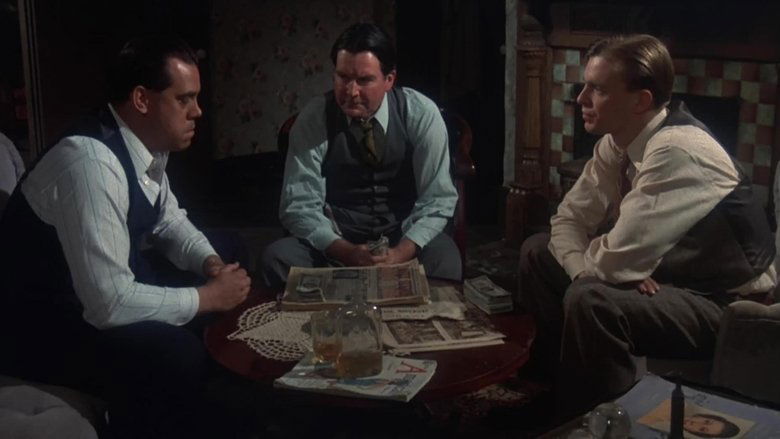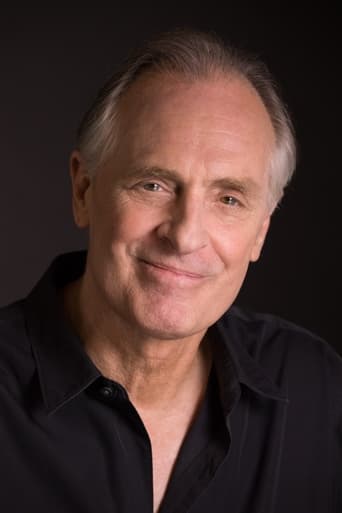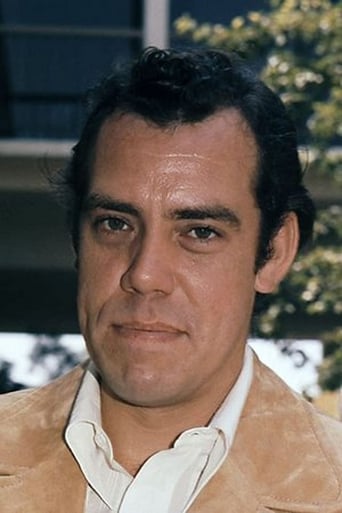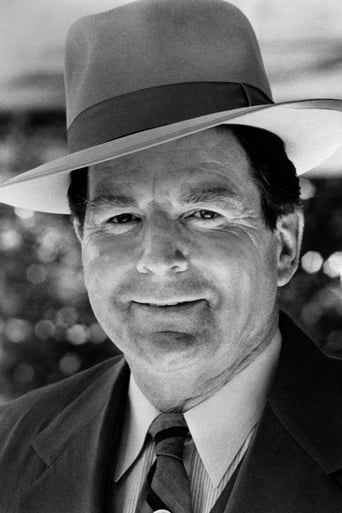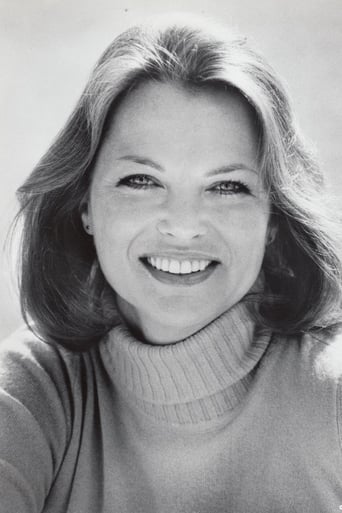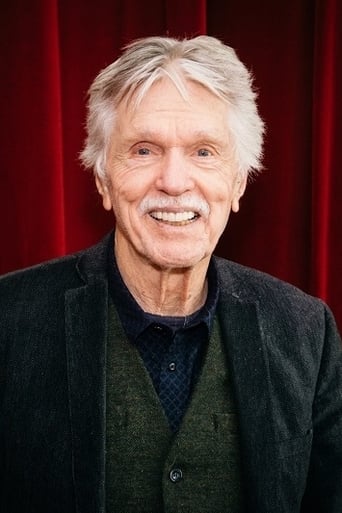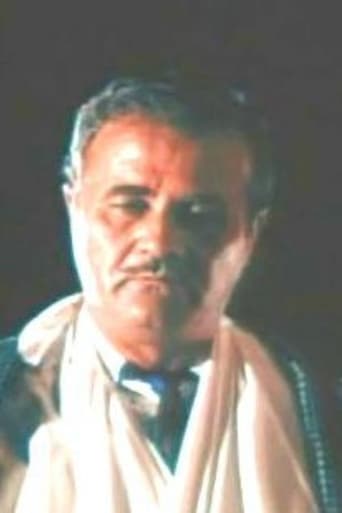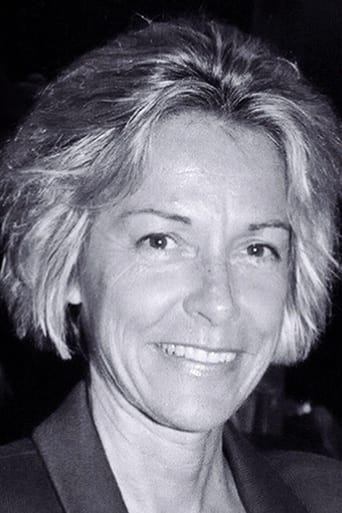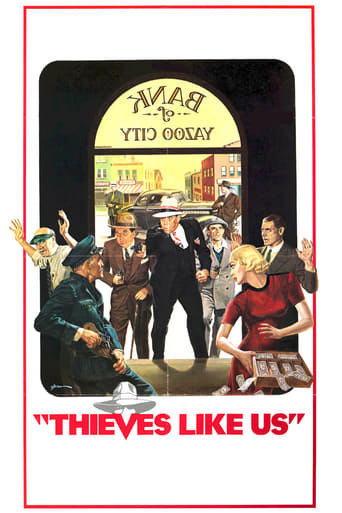
Thieves Like Us
February. 11,1974Bowie, a youthful convicted murderer, and bank robbers Chicamaw and T-Dub escape from a Mississippi chain gang in the 1930s. They hole up with a gas station attendant and continue robbing banks. Bowie, who is injured in an auto accident, takes refuge with the daughter of the gas station attendant, Keechie. They become romantically involved but their relationship is strained by Bowie's refusal to turn his back on crime. The film is based on the novel Thieves Like Us by Edward Anderson. The novel is also the source material for the 1949 film They Live by Night, directed by Nicholas Ray.
Similar titles
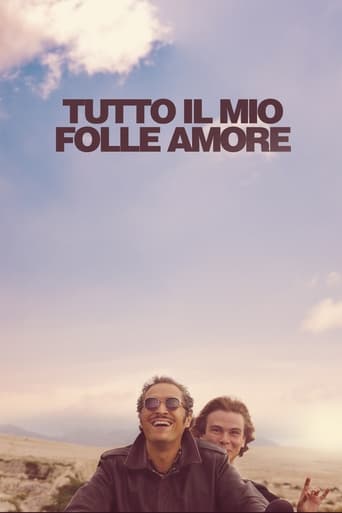

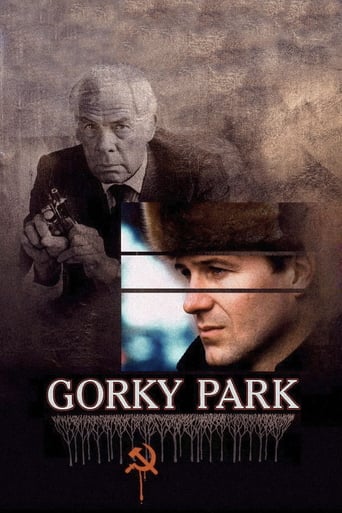
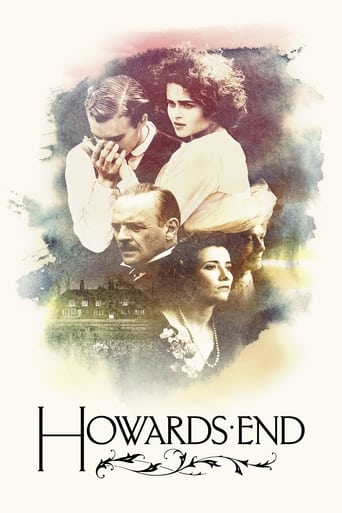
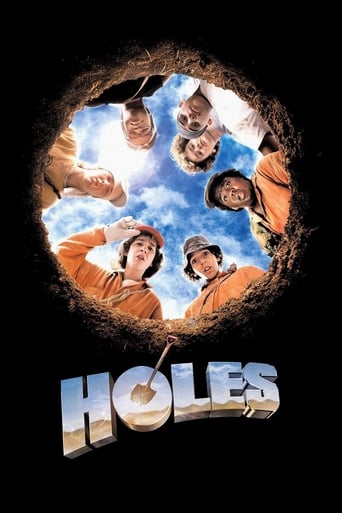
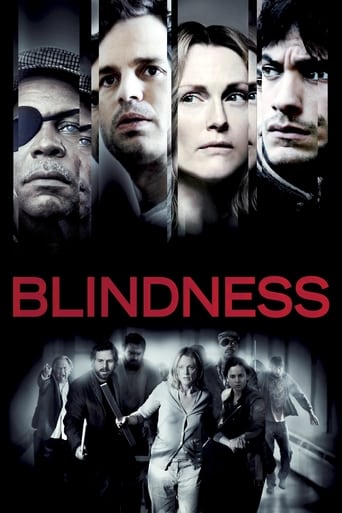
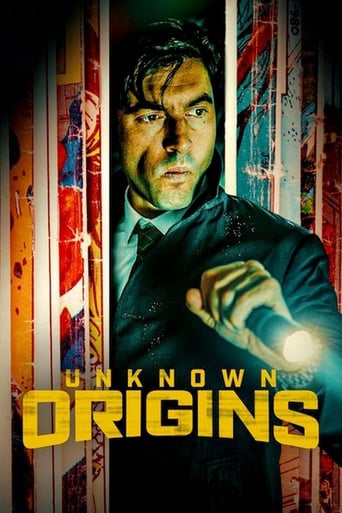
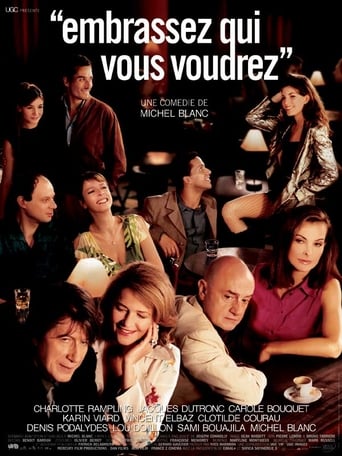
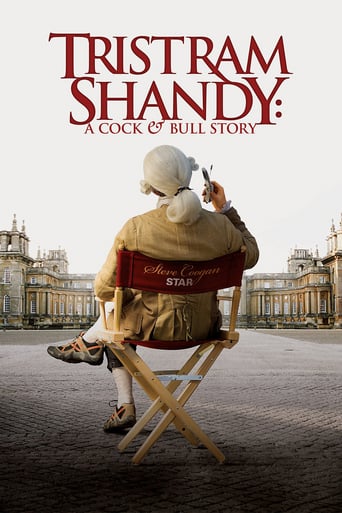
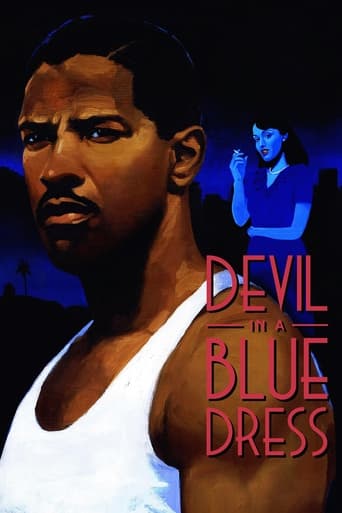
Reviews
Please don't spend money on this.
Overrated and overhyped
Pretty good movie overall. First half was nothing special but it got better as it went along.
if their story seems completely bonkers, almost like a feverish work of fiction, you ain't heard nothing yet.
Dear Robert Altman, I loved the long and contemplative tracking shot at the beginning of Thieves Like Us. The camera slowly tracks a tram transporting a bunch of criminals against a bleak and cloudy rural backdrop. It slowly moves away from the tram and towards a couple of men (who turn out to be criminals escaping to freedom) rowing towards the shore in a boat. The whole film is up to its neck in rainy and cloudy visuals like these. Even though the visuals are rather bleak, I felt like you were expressing adoration for the idyllic rural America during the great depression. The characters are all very talky, reflecting their attitudes and aspirations. It is sort of a talkfest film in a way. The awkward and wiry Robert Carradine and Shelly Duvall were adorable. Some reviewers suggested that the constant radio advertisements and serials played throughout the film was a knock on the consumerist culture that tried to lure poor citizens even during a depression. But I thought it was used to create a comedic and nostalgic effect. I liked this more than They Live by Night (1948). I am not sure if this is a noir film. I mean, the bank robbery scenes hardly get any time. The film is mostly about what these characters are doing when they're not robbing banks. Best Regards, Pimpin. (8/10)
Thieves Like Us (1974)I really like most Robert Altman Films, but I never quite love any of them, even famous films like "MASH" or "Short Cuts." And "Thieves Like Us," which is a kind of loose remake of a favorite of mine, "They Live by Night" (1949, Nicholas Ray), is another really enjoyable, well made movie that lacks some kind of edge--creative, aesthetic, social, something--to set it off as remarkable and fresh. You might get the most out of this by just settling in and enjoying it, a plot that purposely lacks some of the high romance of, say, "Bonnie and Clyde" or some other outlaw-on-the-run movie. But if you do see the earlier Ray version, which is based on the same novel, you'll at least notice the way movie production has changed from the great Hollywood years of the 1930s and 40s to the New Hollywood inventions of the late 60s, early 70s. This movie lacks the sheer beauty of the first, the perfection, made possible by studio shooting. Here, it is all location work (in Mississippi), which adds authenticity and atmosphere, but which also keeps it from the kind of tight control of a typical 40s film. Another difference might simply be that this is a Altman movie and the other is by the inimitable Ray, who was able to fill his characters with humanity and heart, and so even lesser known actors (all of them) come alive fully. Altman's characters have all the quirks and nuances of real people, and though it doesn't feel a bit like a documentary, you do have a feeling that none of this rises above. It is meant to be grounded in a kind of realism that gives it authenticity over heightened drama. It's a choice I appreciate, even if it sometimes deadens the film.The plot is important for how it makes bank robbers as ordinary as you or me (hence the title). The augment to this is that we are supposed to identify with them--or by a stretch, we could picture ourselves doing the same thing. But that's just not true. The robbers seem very regular and normal, but they also seems selfish and stupid. They plow ahead regardless of better options. And it's too often about money--money they never actually use (they live in squalor) or know how to dream about using (they have few dreams, in fact). The leading couple here does have a romance, and it's truly touching, but also tragic. Altman can't help but pull a "Bonnie and Clyde" ending, of sorts (slow motion violence) but it feels hard and nasty. Maybe it's supposed to, a reaction to police authority appropriate for 1974.So what do we really have? A substantial, well made, restrained movie that plays a little too much by the book--the new book, the New Hollywood book, but a little timid cinematically.
I miss Altman. I miss the feeling of ease he allows.Some films are work. Some aren't worth it, while you do all sorts of conceptual shuffling to follow whatever structure the filmmaker designs. Or in the worst case which has not been consciously designed so needs to be mastered without help.But Altman doesn't create crystals with edges. He does not refract great truths. He simply observes. By this film, his technique of discovery is in full bloom. He never storyboarded or blocked a scene. He did not tell an actor where to go or look. He simply trusted the actors to inhabit their characters and trusted the camera to find them. The minimum was manufactured. This is dogma film-making before the oddly formed rigors of dogma were proposed to "free" cinema.What is remarkable about this film is not simply the flow of the images and narrative, but that of the sound. "McCabe" was, I think, his first serious work in understanding how sound can bleed. Later, he (and Malick) would explore other effective techniques of soundweaving. Here, we have a simple but very effective device. Most of the narrative comes not from what you see or are told. We hear the radio. We hear it when there is a radio turned on in the world we are watching. But we also hear it when our characters leave the world of repose and go do something. That something has a radio show — usually a crime drama — overlain. The immediate effect is that these guys are not robbing because they need money, or for some philosophical purpose. It is because it gives them identity, and that identity is defined here by radio. Just as the radio allows the imposition of identity on those we watch, the idea is that what we watch similarly imposes on us. Much of what we see the characters do is measure how effective their adoption of character is. "Bonnie and Clyde" was something notable among Hollywood films in 67. It advanced this notion a tiny bit, using a French film vocabulary. It will be hard to recognize that today because the French derived from Hollywood. Altman does a B&C that lasts, because his vocabulary is wholly original, discovered and adopted, not engineered.Ted's Evaluation -- 3 of 3: Worth watching.
The novel by Anderson must not be very interesting because two noted directors have made average movies out of it: Nicholas Ray's "They Live by Night" in 1948 and this Altman version. At least Ray had the advantage of brevity; Altman's film moves very slowly and outstays its welcome. Carradine and Duvall don't click as well as Farley Granger and Cathy O'Donnell did in the earlier version. However, the supporting performances are better in the later film, including Fletcher in her film debut. This use of the radio as a commentary on the action is overdone, particularly in the scene where "Romeo and Juliet" plays on the radio while Carradine and Duvall are making out.
Top Streaming Movies











